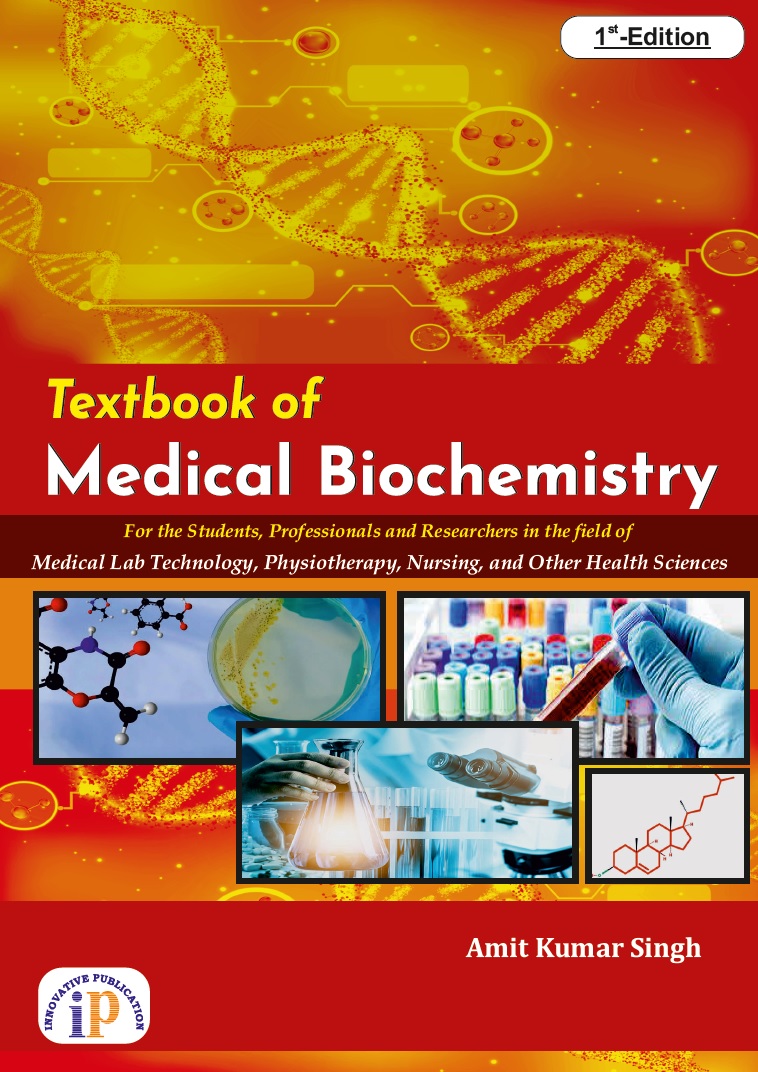Textbook of Medical Biochemistry
Availability :
In Stock
₹ 386.10
M.R.P.:₹ 495
You
Save: ₹108.90 (22.00% OFF)
(Inclusive
of all taxes)
Delivery:
₹ 0.00 Delivery charge
Author:
Amit Kumar Singh
Publisher:
IP Innovative Publication Pvt. Ltd.
Edition:
First
ISBN-13:
9788119613410
Publishing Year:
2024
No. of Pages:
253
Weight:
320 g
Language:
English
Book Binding:
Paperback











